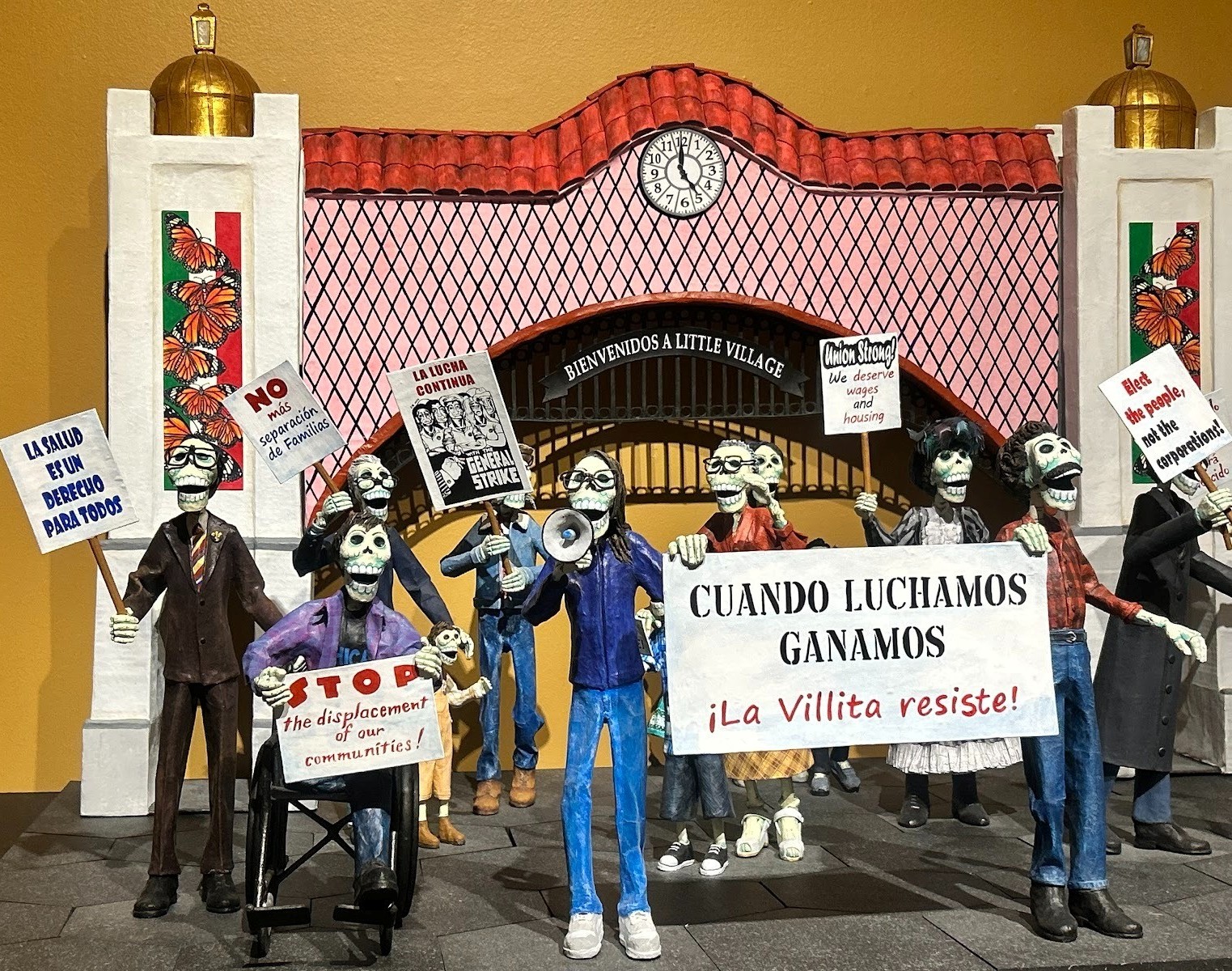When Chicago resident Annaa Ryndak lost her job last month, she started to pay closer attention to how she spends her money.

As long as she was working, she paid little attention to news about the debt and so-called fiscal cliff, she said.
But when across-the-board federal cuts go into effect on Friday, Ryndak said she is worried about how she will get a new job.
“With all the budget cuts in our future, this makes it more difficult for me and many of other Americans to find a job,” she said Thursday while taking photographs in Millennium Park in downtown Chicago.
According to a Washington Post Pew Poll only 25 percent of Americans are following the sequestration closely enough to understand the effect it will have on the U.S economy, despite the estimated $85 billion in cuts across federally funded programs within the next fiscal year.
An excerpt from the White House fact sheet breaks down which departments face budget cuts and how they will affect middle class families and job security.
“The Office of Management and Budget (OMB) now calculates that sequestration will require an annual reduction of roughly 5 percent for nondefense programs and roughly 8 percent for defense programs. However, given that these cuts must be achieved over only seven months instead of 12, the effective percentage reductions will be approximately 9 percent for nondefense programs and 13 percent for defense programs. These large and arbitrary cuts will have severe impacts across the government.”
The sequester, set to begin Friday, is an issue not all Americans are aware of. Some Chicagoans said it’s more about political parties’ inability to agree than it is government spending.
“It is a further illustration of Washington not being able to work together on important issues,” said architect Charlie Hasbrook, 53. He said the sequester will damage the recovery of the U.S. economy but not to the extent that some people are saying. He said the only solution is for the two parties to come to a consensus when it comes to budget issues.
Attorney Andy Raz, 45, said that he does not believe that the U.S. government should stop spending. He said politicians do not work together, which blocks progress. “Politicians need to compromise,” Raz said. “I’m not saying it’s Republicans or Democrats at fault. Both sides need to work together.”
Mary Anne Ford, 73, retired, said she doesn’t think it will affect her right away. “I guess I’ll have to wait and see what transpires, but I’m sorry for the people it hurts,” she said.
Martino Jones, 66, retired is unsure of what the sequester will bring. “I guess it affects everyone in a different way, I think mostly it will have an effect on people who have federal jobs, and it’s probably going to effect how much taxes I pay.”
Federal programs that face cutbacks range from the Department of Defense to the Centers for Disease Control, but also include those that have a direct impact on Americans such as the National School Lunch Program and Foster Care.
Accounting intern Andrea Murillo, 22, hand’t heard about the sequester.
She said she opposed cutting programs at public schools. “A lot of kids are from low income families and sometimes they don’t have food to eat at home, so they go to school for their lunches,” she said.
When asked if the sequester will affect her, Laura Jessup, 19, a student at Columbia College Chicago stated, “Probably…eventually. I’m not quite sure now but I’m sure it will.”
Other residents believe the cuts are necessary to get the economy back on track. “I think it ought to go through and everyone ought to suffer,” said Joan Crow, a 65-year-old retiree, who stood at the bus stop on the corner of Van Buren and State. “Then we can all work it out together.”
She states that the federal government has had enough time to figure out the deficit problems, and that it’s about time we take some action.
Some organizations that rely on grant funding from the government are not worried about reductions for now because the money they receive has already been allocated. Citizen Bridges International, a Chicago-based nonprofit, relies on federal funds for many of its grant programs.
Julie Stagliano, president of Citizen Bridges International in Chicago, said she is not concerned. “I don’t fall into that category because we have already allocated the funds we have,” she said.
Fred Haley, a U.S. Postal Service worker in Chicago, was already bracing for cuts. The USPS announced earlier this month that it would halt Saturday delivery service to save money. The USPS is an independent agency that receives some federal money.
“It might not affect me immediately, but eventually it will trickle down the Post Office, to us small guys,” Haley said, though he does not expect to lose his job.
Hannah Cole, Madeline Reynolds, Priscilla Lopez, Sofia Spaniolo-Carcana, Ashli Tiel, Megan Ammer, Liset Ramirez, Kacy Hintz contributed to this article.

















Be First to Comment